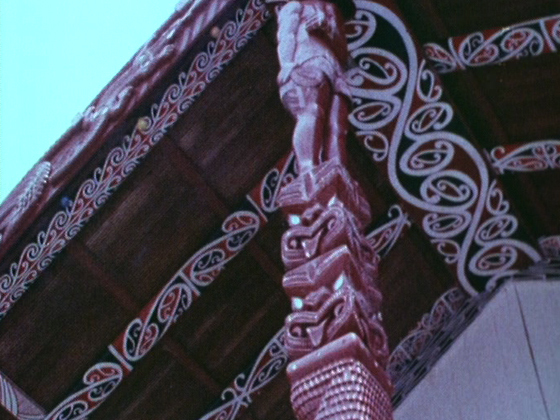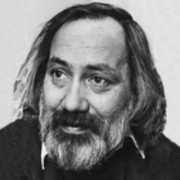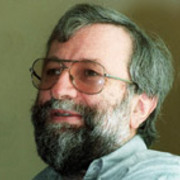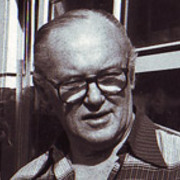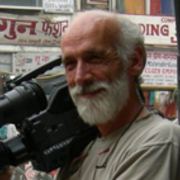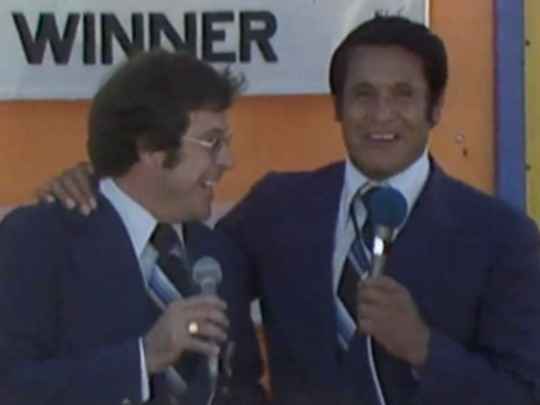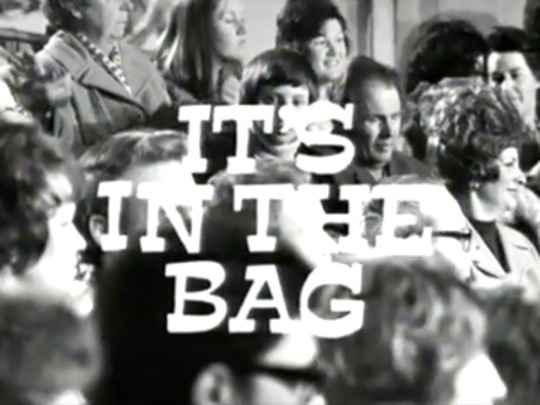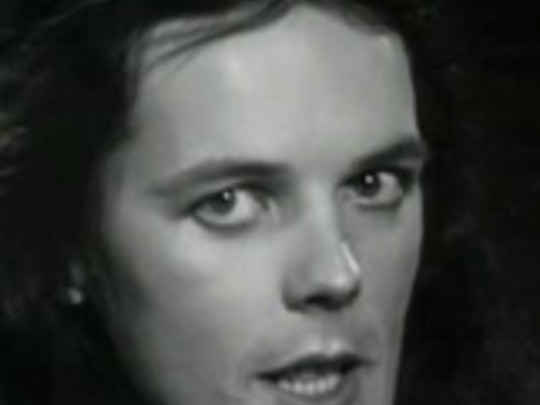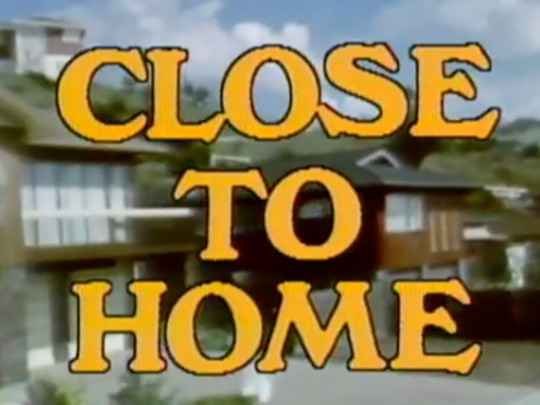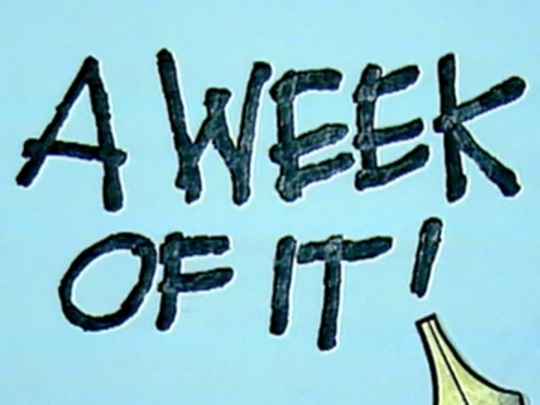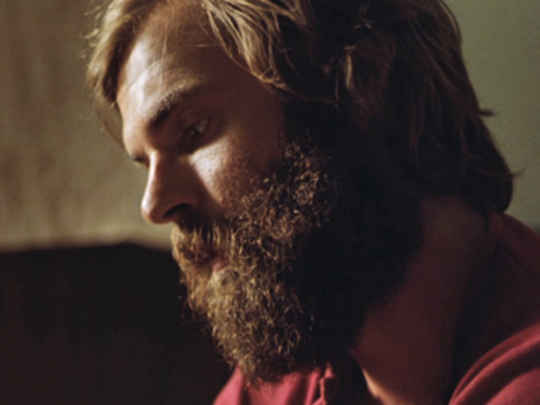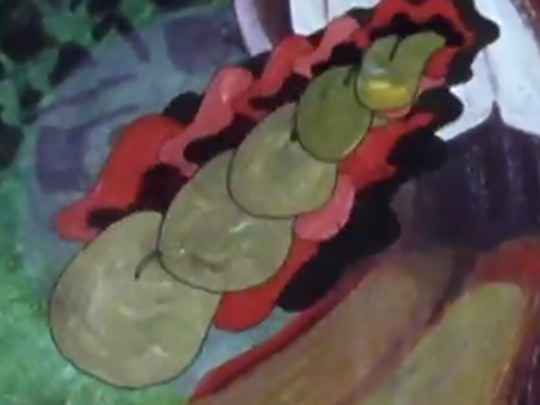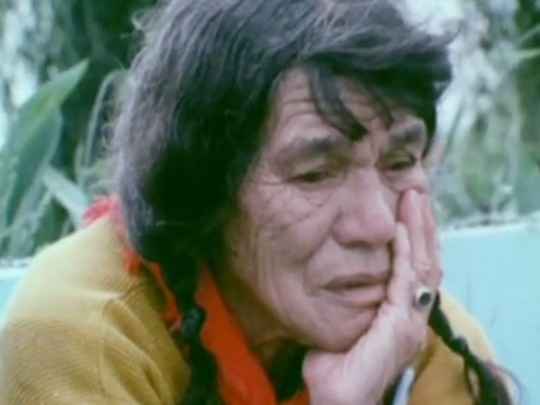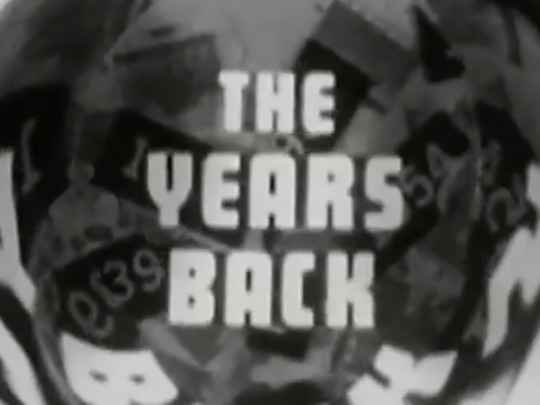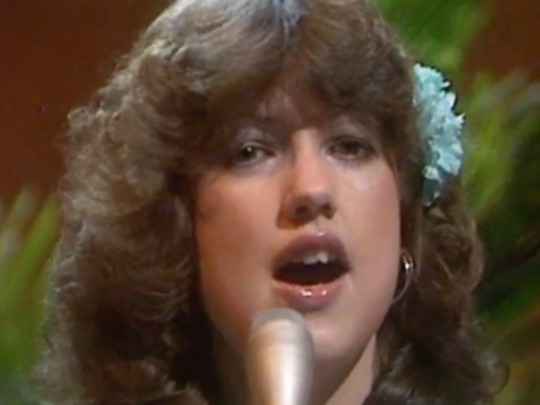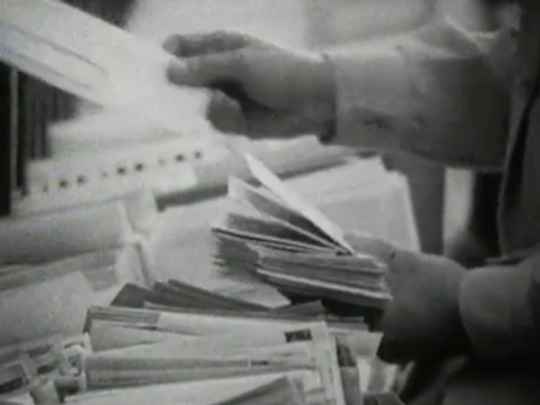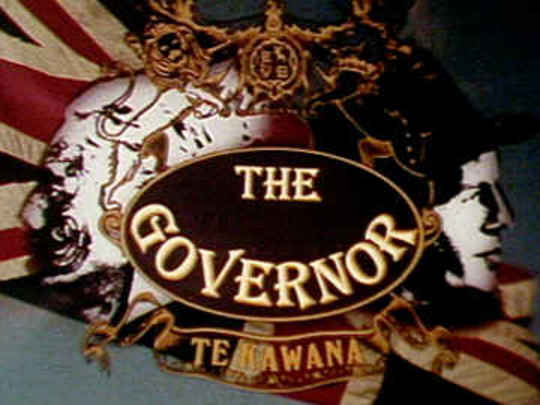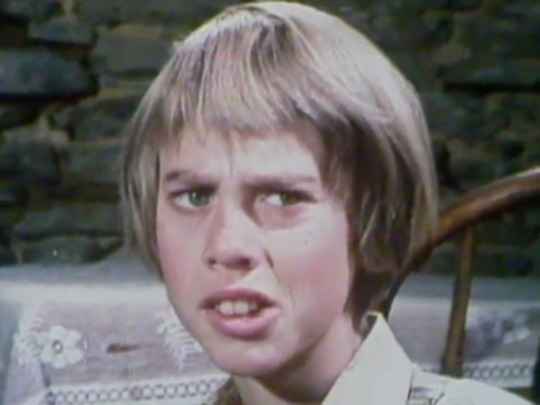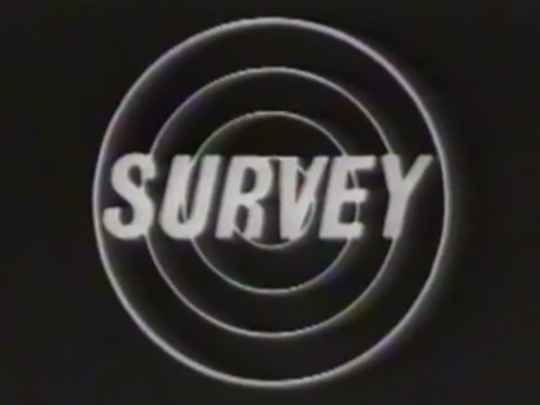Tangata Whenua - Waikato
Television (Full Length) – 1974
Tangata Whenua was a groundbreaking six-part series from 1974, on Māori. Barry Barclay directed, and historian Michael King was writer and interviewer. Each episode (remarkably screening in primetime on Sunday nights) chronicled a different iwi and included interviews with kaumātua — a first for New Zealand screens. This episode looks at the people of Waikato, and focuses on the Kīngitanga (Māori King Movement), examining why a movement formed in the Waikato in the 19th century to halt land sales and promote Māori authority has contemporary relevance.
Tangata Whenua broke the monocultural mould of New Zealand television. It gave Māori an opportunity to speak for themselves about their lives. It went some way to informing Pākehā New Zealanders about Māori attitudes and values, it whetted a Māori audience's appetite for more documentaries reflecting Māori viewpoints, and it opened the way for later programmes, such as Koha and Te Karere, produced by Māori.– Tangata Whenua interviewer and co-writer Michael King, in his 1999 book Being Pākehā Now
Key Cast & Crew
See all 13 creditsProduced by
Pacific Films
Acknowledgements
The makers of the programme acknowledged at the time: "Queen Te Atairangikaahu and the Waikato elders who authorised this programme also Waaka Kukutai, Tūrangawaewae Waiata Group, Tūrangawaewae Carving School, Morrinsville College Principal and staff"
This programme features (in order of appearance): Tumokai Katipa, Piri Poutapu, the elders and workers of Tauranganui Poukai, Ripora Kukutai, Whitiora Cooper, Winera Samuels, Tony Knight, Hopi Samuels, Norman Kingsbury, Te Uira Manihera, Dick Green, Waikato Elders who attended the Tauranganui Poukai
Presented with thanks to the New Zealand Film Heritage Trust – Te Puna Ataata
